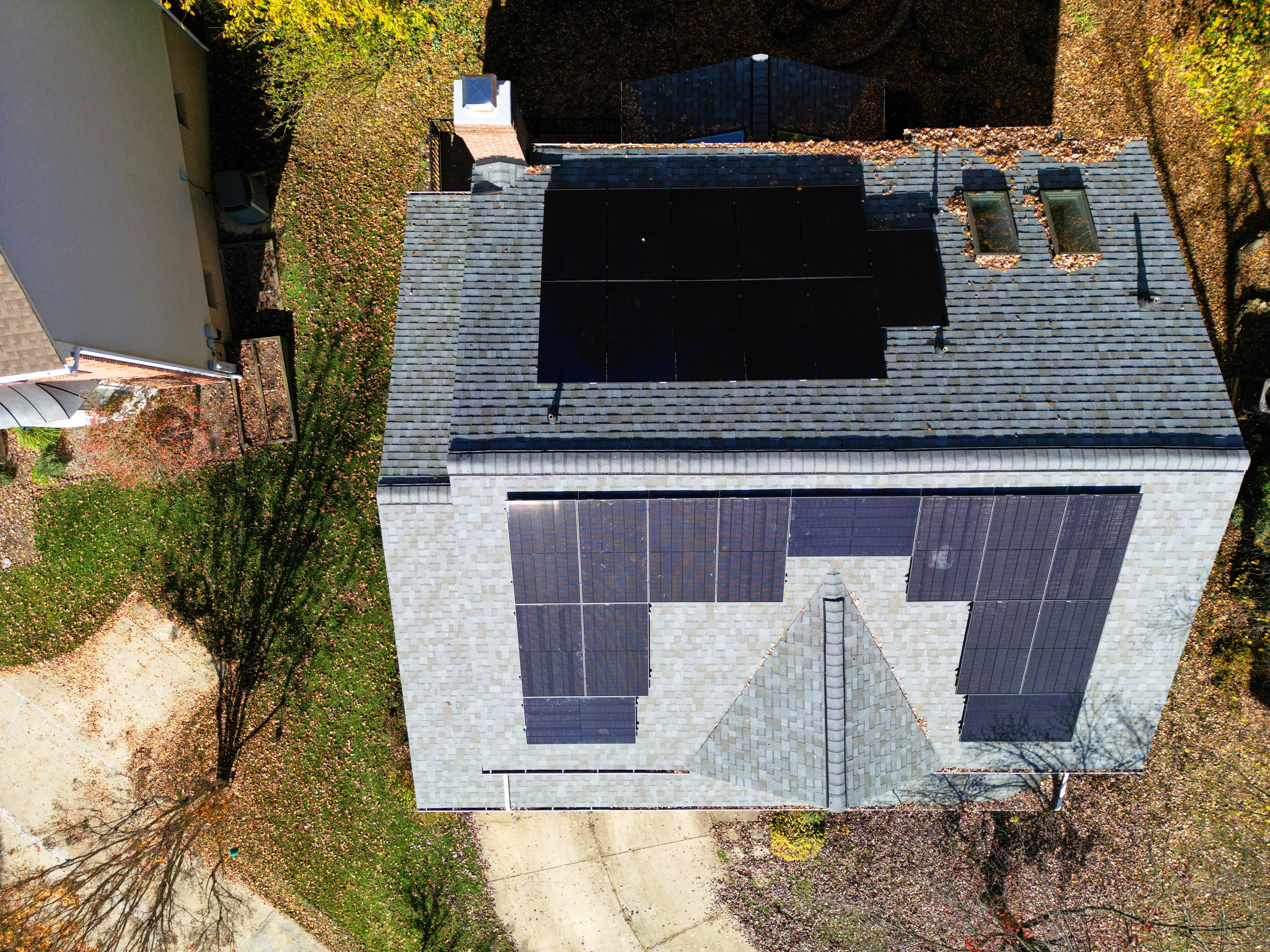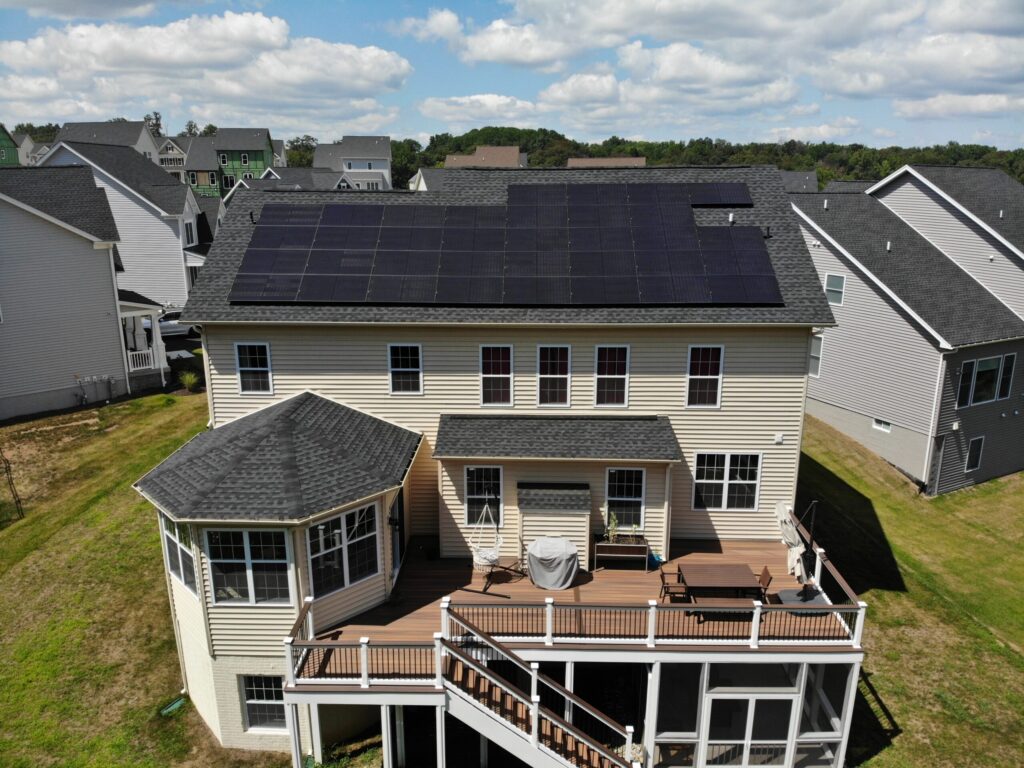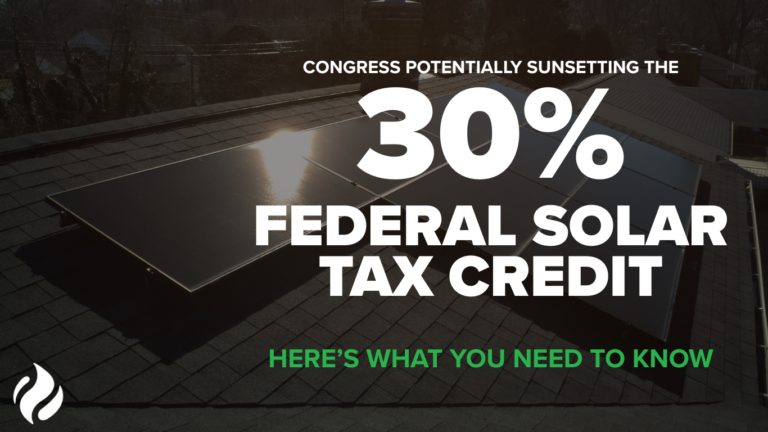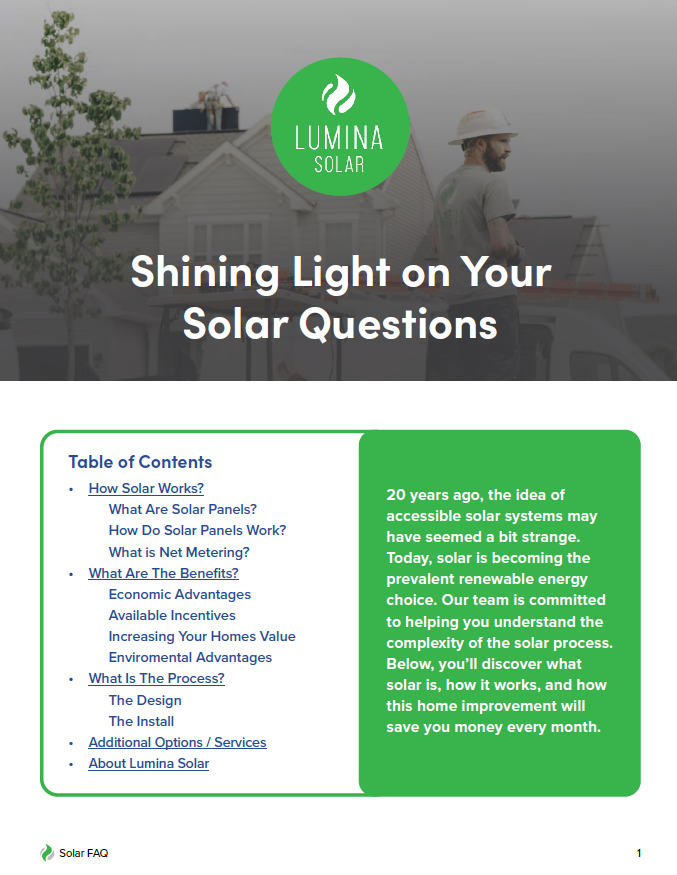Washington Dc Solar: Solar energy solutions in the capital city of the United States
If you are looking to harness solar energy in the nation’s capital, Lumina Solar can assist with all your solar needs in the DC area. Our team of experts is dedicated to providing top-notch solar solutions for residential and commercial properties.
Solar Energy Solutions in the Nation’s Capital
When it comes to utilizing solar energy in the DC area, there are a variety of factors to consider. Here are some key points to keep in mind:
- Location: The placement of solar panels is crucial to maximize sunlight exposure.
- Efficiency: Investing in high-quality solar panels can increase energy efficiency.
- Maintenance: Regular upkeep of solar panels is essential for optimal performance.
By partnering with Lumina Solar, you can rest assured that your solar energy needs in the nation’s capital will be met with professionalism and expertise. Our team will work with you every step of the way to ensure a seamless transition to solar power.
For more information – Click Here
The Advantages of Harnessing Solar Power in the District of Columbia
There are numerous benefits to utilizing solar energy in the District of Columbia. Solar power is a sustainable and renewable energy source that can help reduce carbon emissions and combat climate change. Here are some key advantages of incorporating solar power in DC:
- Cost Savings: Installing solar panels can lead to significant savings on electricity bills over time, as you generate your own power and reduce reliance on the grid.
- Environmental Impact: Solar energy is clean and green, producing electricity without releasing harmful pollutants or greenhouse gases into the atmosphere.
- Energy Independence: By generating your own electricity, you become less dependent on traditional energy sources, providing greater control over your energy consumption.
Furthermore, solar power systems require minimal maintenance and have a long lifespan, making them a cost-effective investment in the long run. In addition, solar panels can increase the value of your property and contribute to a more sustainable future for the District of Columbia.
Maximizing Solar Potential in the District
When it comes to harnessing the power of the sun in the District, there are several strategies that can help maximize your solar potential. By optimizing your solar system and taking advantage of the unique characteristics of the area, you can increase energy production and efficiency. Here are some expert tips to help you make the most of your solar investment:
- Positioning: Properly orienting your solar panels to capture the most sunlight throughout the day is essential. Consider the angle of your roof, shading from nearby buildings or trees, and the path of the sun in the sky.
- Efficiency: Installing high-efficiency solar panels and optimizing your system design can significantly increase the amount of energy generated. Look for panels with a high wattage rating and consider options like microinverters for improved performance.
- Maintenance: Regular maintenance and cleaning of your solar panels can help ensure they are operating at peak efficiency. Remove any debris, dirt, or snow that may be blocking sunlight and reducing output.
Additionally, exploring innovative technologies like solar trackers or energy storage systems can further enhance your solar capabilities. By staying informed about the latest advancements in solar technology and implementing best practices for system design and maintenance, you can maximize the benefits of solar power in the District.

Understanding Solar Panel Installation in Washington, D.C.
Solar panel installation in the nation’s capital can be a smart investment for homeowners looking to reduce their carbon footprint and save on energy costs. Here are some key points to consider:
- Location: Washington, D.C.’s geographical position allows for ample sunlight exposure, making it an ideal location for solar panel installation.
- Climate: The city experiences all four seasons, but overall has a moderate climate which is conducive to solar energy production.
- Regulations: Before installing solar panels, homeowners should familiarize themselves with local regulations and permit requirements in Washington, D.C.
When it comes to choosing the right solar panels for your home, there are several factors to consider:
- Efficiency: Higher efficiency panels may cost more upfront but can generate more electricity in the long run.
- Cost: Compare quotes from different solar providers to find the best deal for your budget.
- Warranty: Look for panels with a solid warranty to protect your investment.
It’s also important to consider the installation process itself. Hiring a reputable solar panel installer in Washington, D.C. can ensure a smooth and efficient installation process. Some key steps in the installation process include:
| Step | Description |
|---|---|
| 1 | Site Assessment: A professional will assess your property to determine the best location for solar panels. |
| 2 | Permitting: The installer will obtain all necessary permits from the local authorities. |
| 3 | Installation: The solar panels will be installed on your roof or property by trained professionals. |
| 4 | Inspection: A final inspection will be conducted to ensure the system meets all safety and quality standards. |
By understanding the nuances of solar panel installation in Washington, D.C., homeowners can make informed decisions that benefit both their wallets and the environment.
Solar Energy Solutions for Urban Spaces
When it comes to harnessing the power of the sun in urban environments, there are several innovative solutions available that can help maximize energy efficiency and sustainability. Here are some insightful tips and information to consider:
- Utilizing rooftop solar panels is a popular method for urban areas, as it takes advantage of unused space and minimizes the need for additional land.
- Solar canopies over parking lots or outdoor spaces not only provide shade and protection from the elements but also generate clean energy to power nearby buildings.
- Building-integrated photovoltaics (BIPV) seamlessly integrate solar technology into the architecture of a building, providing both aesthetic appeal and energy savings.
When considering solar energy solutions for urban spaces, it’s essential to evaluate the specific needs and characteristics of the area in order to determine the most effective approach. By combining various methods and technologies, urban areas can significantly reduce their carbon footprint and reliance on fossil fuels.
Exploring Financing Options for Solar Projects in the District
When considering embarking on a solar project in the District, it’s essential to explore the various financing options available to make the investment more feasible. There are several avenues to consider, each with its own set of pros and cons. Here are some insightful tips and information to help you navigate the world of solar project financing:
- Leasing: Opting to lease solar panels can be a great way to avoid high upfront costs. It allows you to enjoy the benefits of solar energy without the financial burden of ownership.
- Power Purchase Agreements (PPAs): PPAs involve a third party owning the solar panels and selling the energy generated to you at a fixed rate. This can provide stability in energy costs over the long term.
- Solar Loans: Taking out a loan to finance your solar project can be a good option if you prefer to own the system outright. Many financial institutions offer favorable terms and interest rates for solar loans.
It’s important to weigh the benefits and drawbacks of each financing option carefully. Consider factors such as long-term savings, ownership of the system, and overall financial implications. By exploring all available avenues, you can make an informed decision that aligns with your goals and budget.
The Future of Solar Energy in the Nation’s Capital
Solar power in Washington, D.C. is on the rise, with more and more residents and businesses embracing renewable energy sources. The capital city is known for its commitment to sustainability and clean energy initiatives. As the demand for solar energy continues to grow, the future looks bright for solar power in D.C.
- Advancements in solar technology are making solar panels more efficient and affordable.
- The installation of solar panels can help reduce carbon emissions and combat climate change.
- Solar energy can provide a reliable source of power, reducing dependence on traditional fossil fuels.
One of the key advantages of solar energy is its scalability. Whether you are a homeowner looking to install solar panels on your roof or a large corporation interested in solar farms, solar energy can be customized to meet your needs.
As the solar industry continues to grow, job opportunities in the solar sector are also on the rise. From solar panel installation to maintenance and operations, there is a wide range of career options available in the solar energy field.
With the support of government incentives and rebates, investing in solar energy has become more accessible for residents and businesses in D.C. By taking advantage of these programs, you can not only save money on your energy bills but also contribute to a cleaner and more sustainable future.




